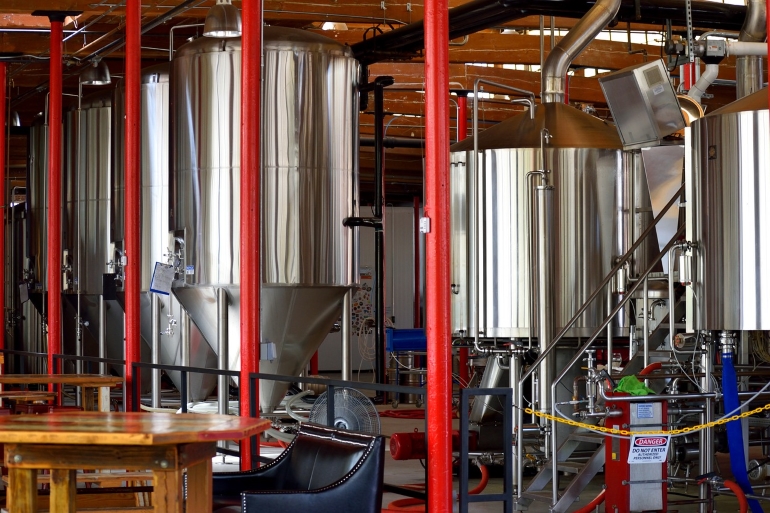
In recent years, there has been a significant increase in the number of distilleries turning to RO (reverse osmosis) filtration units for their production processes. This trend has been observed in both small craft distillers and larger, more established brands. So, what exactly is driving this shift towards RO units in the spirits industry? Let’s explore some of the reasons why distilleries are increasingly using RO units in their operations.
1. Consistent Quality of Water
The key ingredient in any distilled spirit is water, and the quality of water can significantly impact the taste and overall quality of the final product. Many distilleries are located in areas where the water supply may vary in quality, leaving them with a water source that is not ideal for producing their desired spirit. This is where RO units come into play. These units are designed to remove impurities and contaminants from water, ensuring that the water used in the production process is of consistent quality. This ultimately leads to a consistent and high-quality final product for the consumer.
2. Increased Efficiency
RO units have a high level of efficiency in removing impurities, resulting in cleaner and purer water. This not only improves the quality of the final product but also helps distillers save time and money. With a cleaner water source, distilleries can reduce the need for expensive additives or treatments to achieve the desired quality of the spirit. Additionally, RO units require less energy and maintenance compared to other water filtration systems, making them a cost-effective option for distilleries.
3. Greater Control Over Flavor Profiles
When it comes to producing spirits, consistency is key. Many distilleries have strict and unique flavor profiles for their products, which can be influenced by the water source used in the production process. By using RO units, distilleries have more control over the impurities and mineral content in the water, which directly affects the flavor of the final product. The ability to customize and adjust the water source allows distillers to consistently produce spirits with their desired flavor profiles.
4. Environmental Sustainability
RO units also play a role in promoting environmental sustainability in the spirits industry. With the use of these units, distilleries are reducing their impact on the environment by decreasing their water usage and wastewater discharge. RO units also contribute to the conservation of natural resources by using less energy and chemicals compared to other water filtration systems.
5. Regulatory Compliance
In some regions, there are strict regulations on the quality of water used in the production of food and beverages, including spirits. RO units can help distilleries meet these regulatory requirements by providing a reliable and consistent method of water purification. This ensures that the final product is safe for consumption and meets industry standards.
In conclusion, there are many reasons why distilleries are opting for RO units in their production processes. These units provide a reliable and cost-effective solution for producing high-quality and consistent spirits, while also contributing to environmental sustainability and regulatory compliance. It is no surprise that more and more distilleries are turning to RO units as a vital tool in the production of their spirits.